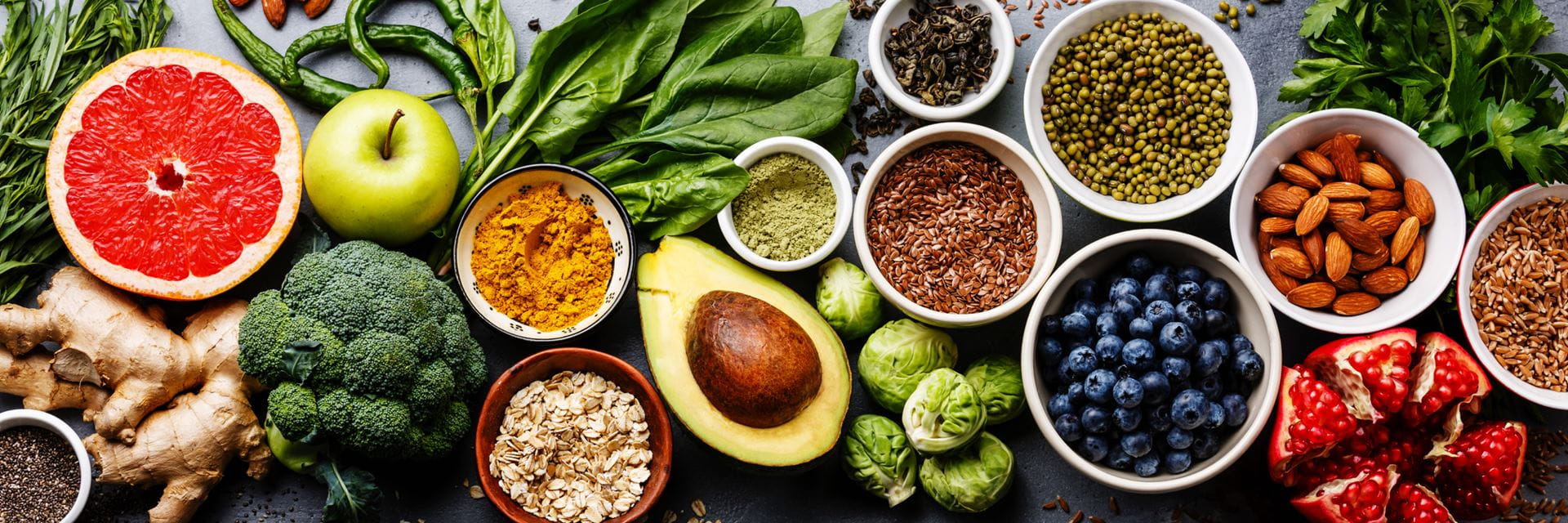Wait! Before we talk about the various vitamin D benefits, what is it?
Vitamins are nutrients that the body needs in small amounts to run smoothly. The body can’t synthesize all vitamins by itself, so we need to find outside sources (like our diet) to get enough. Each vitamin (A, B, C, and so on) helps with specific bodily processes. Vitamin D’s specialty? Check out our list of vitamin D benefits below to find out.
What are the benefits of vitamin D?
Vitamin D benefits your teeth and bones. Vitamin D helps promote the absorption of calcium and phosphorus, which are the minerals responsible for forming and maintaining healthy bones and teeth.
- It helps maintain normal blood calcium levels. Although most calcium is stored in your bones, small amounts of it are also present in your blood. Vitamin D helps keep blood calcium levels normal**.
- Vitamin D helps the immune system do its job. The immune system helps the body fight off unwanted pathogens, like bacteria and viruses. One of the benefits of vitamin D is that it contributes to the normal function of the immune system.
- Vitamin D helps muscles function normally. Combined with regular exercise, getting enough vitamin D benefits us by helping to maintain normal muscle function.
- Vitamin D influences cell division. Vitamin D has an important role to play in the process of cell division.
How to benefit from these vitamin D effects
The NHS recommends that adults get at least 10μg of vitamin D a day. During the summer months, it’s possible to get the right amount from sunlight, but when the cloudy weather rolls in, it can be difficult. Luckily, you can also get vitamin D through your diet – here are some foods that contain it:
- ProActiv Spreads with Vitamin D. ProActiv Spreads contain 0.75μg of vitamin D per serving (10g), 15% of your recommended daily intake. Creamy and very spreadable, it’s delicious on sandwiches and melted over veg – making this an easy way to get more vitamin D into your diet.
- Egg yolks. One large egg yolk (17g) contains 0.925μg of vitamin D.
- Salmon. One salmon fillet (85g) provides 4μg of vitamin D.
- Fortified milk. One glass (250ml) of fortified, semi-skimmed milk is good for 2.45μg of vitamin D.
Need more meal time inspiration? Find a full list of vitamin D foods here.
So those are the vitamin D benefits – but it takes more than just eating the right foods to live a healthy lifestyle. Want to find out more? Download our free Cholesterol Lowering Starter Kit here*. Along with tips for maintaining a healthy heart, you’ll get food guides and exercise inspiration to help you kick-start a healthier lifestyle. Why not start today?

